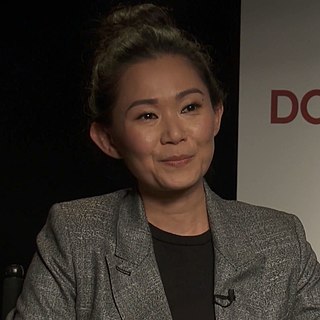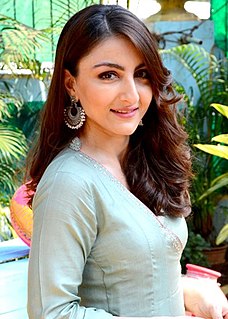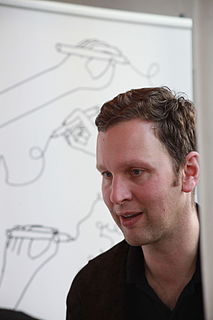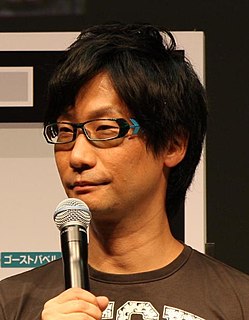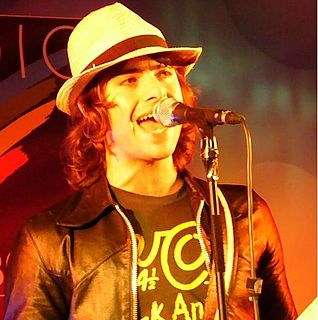A Quote by Hong Chau
With 'Downsizing,' a lot of the discussion hasn't been about the film itself, but about cultural and political conversations happening outside of it. It's being digested in the context of the time.
Quote Topics
Related Quotes
I'm ready for all forms of dialogue about the film The Conquest. There will be a lot of political talk, but I don't think the film itself will be scandalous. For the French, there are so many emotions relating to Sarkozy and politicians in general that I think the film will generate a lot of passion, whether it be negative or positive. Above all, it's a fictional film. It was important not to make a documentary and to really pay attention to the images. From the choice of the actors to the mise en scene, the film is completely cinematographic. It's not just a boring political movie.
Communication requires cultural context, and technology facilitates our ability to cross-reference ideas over time. Charles Moore were saying: Enough with the sterile, context-less architecture. Enough with the functional-minded frame of operation. How about a little mess? How about a little, let's say, syntax? A little quotation using history? How about some other meanings or symbols? I think that's the only logical reaction when you have to thoughtfully manage the communication of a lot of information.
When I got the call about 'Arrival,' I was doubtful because the piece had had a life on cinema already, and we were getting to the point where the original context was sort of lost, and I didn't want that to happen. On the other hand, 'Arrival' itself is a political film because it's about unification and getting beyond boundaries.
The part of the strangeness of coming back from the war is the way we talk about it. We try to have a discussion about the war that doesn't turn into a discussion about one political side or the other. I wanted to reach out and talk to people about it through fiction, the way a narrative can draw someone in and ask them those questions.
For those actors and directors who produce films which are always about the old kingdom or about heroes, you know about the fantasies related to the classics, but there is no real discussion about today's life and no discussion of the real conditions - which is really sickening. They've become part of a conspiracy, collaborators of the crime, which is lying to the general public and trying to hide the kind of criminal acts happening in many cases.
I definitely care about what's happening in our country. I grew up in a family that was very liberal and had very strong opinions about liberal ideas. I was around those thoughts and had conversations about those things and did the best I could to absorb what was happening around me and have my own opinion about it.
I think character is very much a product of where you live, who you are, what is happening in that time of your life, and I'm interested in those pressures, those forces. A political context, a social context, really determines if not who people are then how they treat one another and what they say, how they speak.
